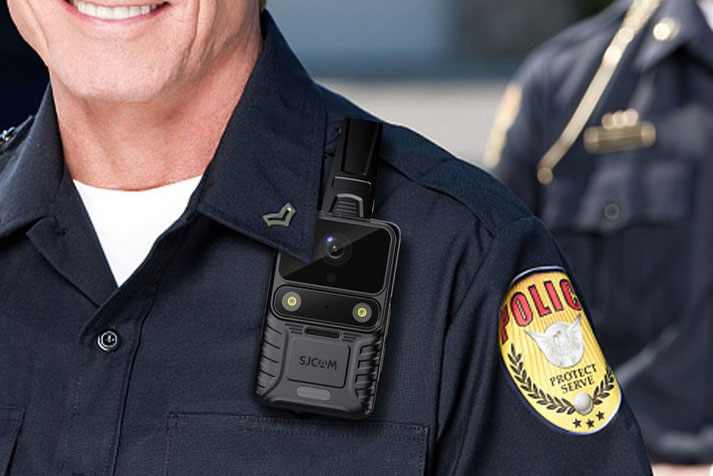
The Ethics and Legality of Wearing Small Body Cameras in Public
In recent years, small body cameras have gained popularity among individuals seeking to capture their daily experiences or enhance personal security. While these devices offer convenience and potential benefits, ethical and legal considerations are involved in wearing them in public spaces. This article will examine the ethical implications, privacy concerns, and legal aspects surrounding the use of small body cameras in public settings.
Ethical Considerations
Wearing a small body camera in public raises ethical questions regarding consent, privacy, and the potential impact on others. While individuals may have the right to document their own experiences, respecting the privacy of others who may not consent to being recorded is essential. Intrusive filming or recording without permission can infringe upon personal boundaries and potentially cause discomfort or harm to others. Users of body cameras must consider the ethical implications and use such devices responsibly and with respect for the privacy and dignity of those around them.
Privacy Concerns
Privacy is a significant concern when wearing small body cameras in public. Recording devices worn by individuals have the potential to capture and store personal information about others without their knowledge or consent. This information can include faces, conversations, and activities that individuals may not want to be recorded or shared. The indiscriminate use of body cameras can erode privacy, leading to a loss of trust and a sense of constant surveillance in public spaces. Balancing personal interests with the rights and privacy expectations of others is crucial when considering the use of body cameras in public settings.
Legal Considerations
The legality of wearing small body cameras in public varies across jurisdictions. It is important to familiarize oneself with local laws and regulations regarding recording and privacy. In some jurisdictions, consent may be required before recording individuals in public spaces, particularly when a reasonable expectation of privacy exists. Additionally, certain locations, such as private property or government buildings, may have specific restrictions on recording. Understanding and adhering to applicable laws and regulations is essential to avoid legal consequences and potential violations of privacy rights.Read Also : Dessy Septiane Sukendar.
Public Perception and Social Interactions
A visible body camera can alter social dynamics and interactions in public spaces. Individuals may feel uncomfortable or self-conscious knowing they are being recorded, leading to a change in their behavior or inhibiting their ability to express themselves freely. Moreover, the knowledge that one is being recorded can affect the authenticity of social interactions, potentially leading to a lack of spontaneity or creating a performance-driven environment. Considering the impact of body cameras on social dynamics is crucial to ensuring respectful and meaningful interactions in public settings.
Responsible Use and Transparency
Responsible use and transparency are paramount to address the ethical concerns surrounding the use of small body cameras in public. Users should be mindful of the potential impact on others and obtain consent when appropriate. It is essential to communicate the presence of a body camera through visible indicators or verbal disclosure to respect the privacy and autonomy of those being recorded. Additionally, users should exercise discretion when capturing and sharing footage, ensuring that it does not violate the rights or privacy of others.
Conclusion
While small body cameras can offer benefits regarding personal security and documentation of experiences, their use in public spaces requires careful consideration of ethical and legal implications. Balancing individual interests with the rights and privacy expectations of others is crucial. Responsible use, transparency, and respect for consent and privacy are essential to navigate the complexities of wearing small body cameras in public, ensuring a balance between personal freedoms and the well-being of society as a whole.


